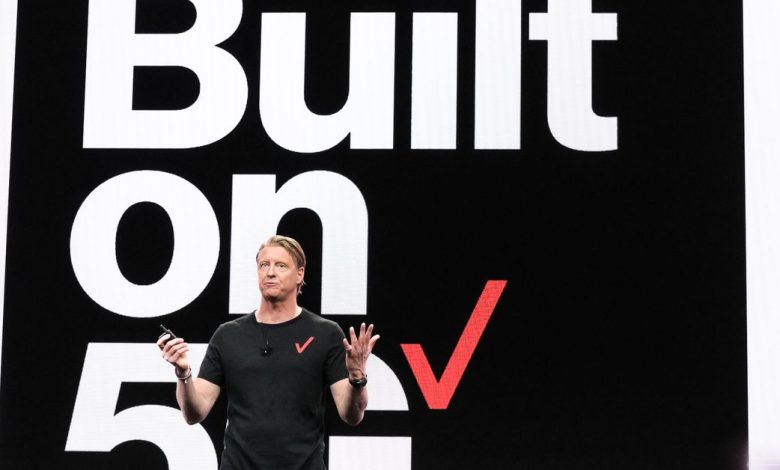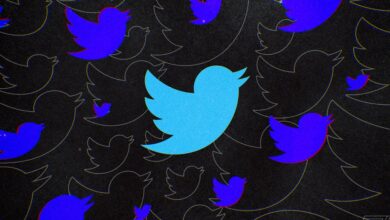Verizon and AT&T will delay 5G C-band upgrades for two more weeks

In a standoff that’s pitting Verizon, AT&T, and the FCC versus the FAA and the airline industry over the two carrier’s plans to augment their 5G wireless service by using new C-band spectrum, the mobile companies now say they’ve reached an agreement with the Department of Transportation and will delay their rollouts.
Verizon:
We’ve agreed to a two-week delay which promises the certainty of bringing this nation our game-changing 5G network in January, delivered over America’s best and most reliable network
AT&T
At Secretary Buttigieg’s request, we have voluntarily agreed to one additional two-week delay of our deployment of C-Band 5G services. We also remain committed to the six-month protection zone mitigations we outlined in our letter. We know aviation safety and 5G can co-exist and we are confident further collaboration and technical assessment will allay any issues.
In statements emailed to The Verge on Monday night, the carriers appeared to back off of language included in a letter sent from their respective CEOs to US Transportation Secretary Pete Buttigieg and FAA Administrator Steve Dickson over the weekend that initially rejected the request.
In that letter they said they would not give in to the FAA and DOT’s request that they delay their (already delayed by 30 days) C-band spectrum upgrades for an additional two weeks, citing other mitigations like creating a buffer zone around airports and lowering power levels nationwide.
In their letter, AT&T CEO John Stankey and Verizon CEO Hans Vestberg said “Agreeing to your proposal would not only be an unprecedented and unwarranted circumvention of the due process and checks and balances carefully crafted in the structure of our democracy, but an irresponsible abdication of the operating control required to deploy world-class and globally competitive communications networks that are every bit as essential to our country’s economic vitality, public safety and national interests as the airline industry
The controversy exists because of “concerns that the 5G signal could interfere with the accuracy of an airplane’s radio altimeter, without other mitigations in place” according to the FAA. Those altimeters are crucial for automated landings, and the FAA claims that rolling out the changes could disrupt air travel or impact safety.
Earlier this year, an FCC auction sold the two carriers rights to use so-called “C-band” frequencies at a price of nearly $70 billion. Verizon and AT&T are eager to roll it out so that in addition to offering ultra-fast 5G connectivity in specific areas using high-band millimeter-wave technology and much slower 5G over low-band frequencies, the new spectrum will provide in-between performance over much wider areas. T-Mobile currently uses mid-band spectrum that isn’t in the C-band.
Neither company detailed the agreement reached with the Department of Transportation. The Verge contacted the DOT and FAA, but had not received a response by the time of publishing.
Source link






